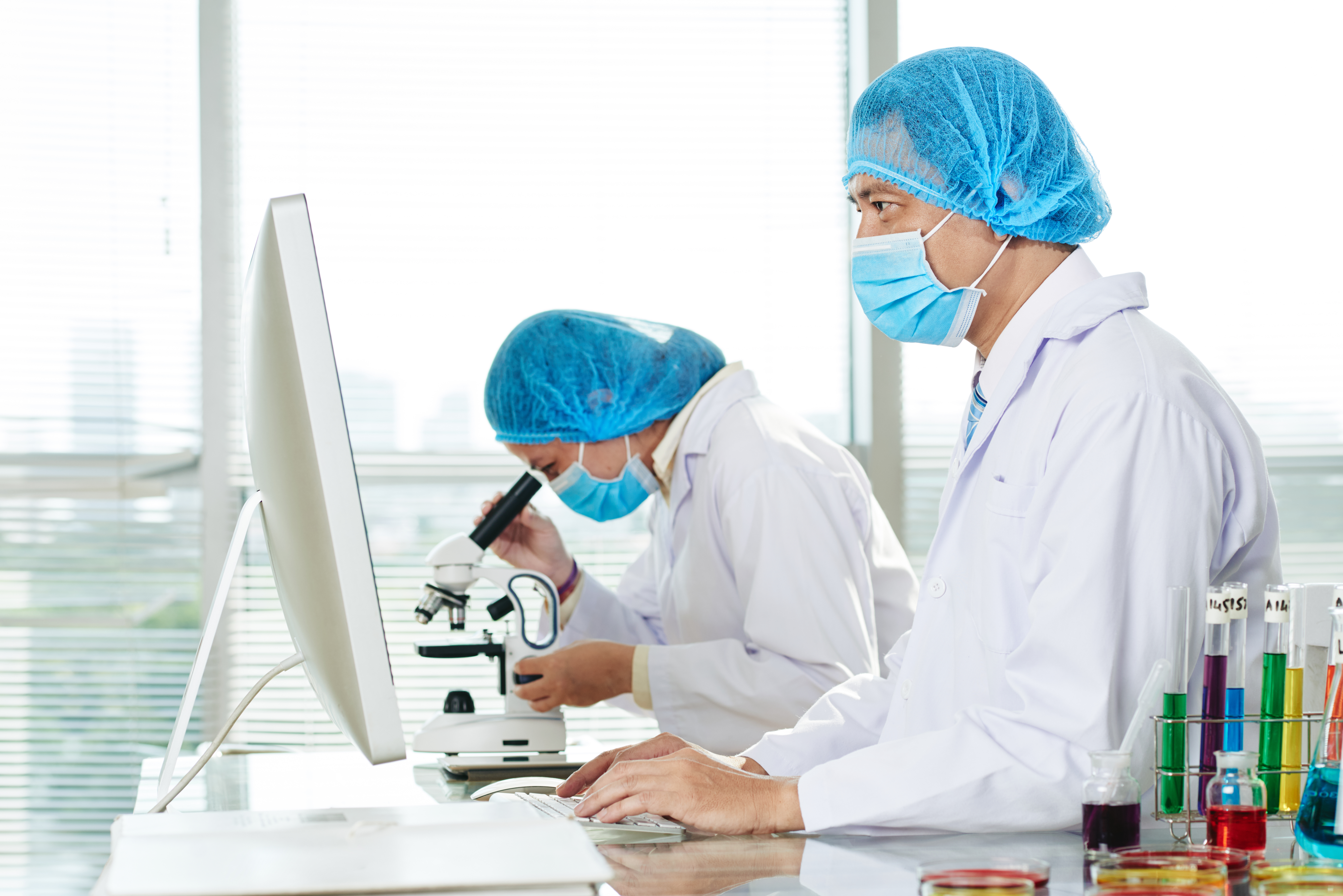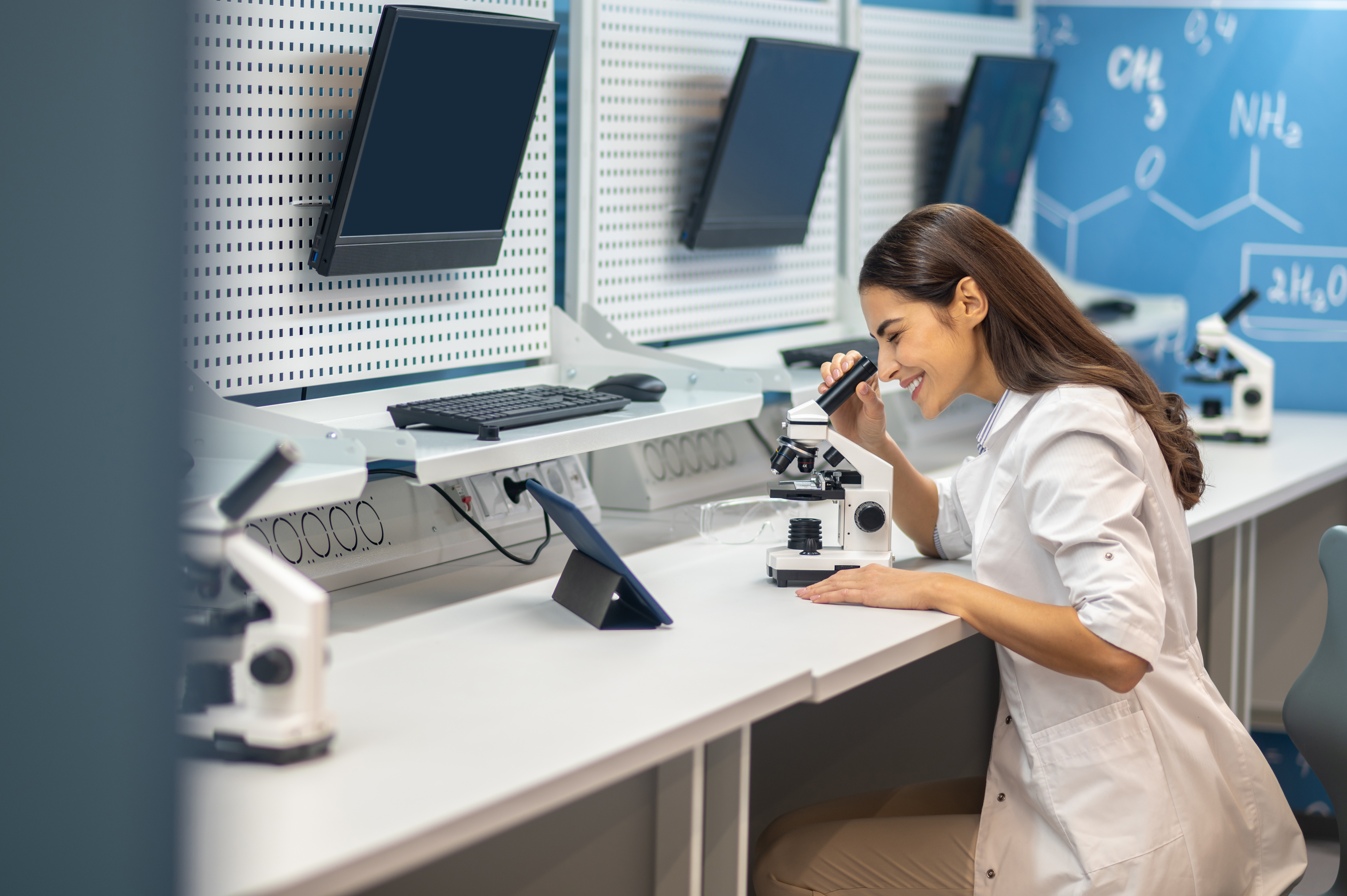What Students Need to Know
The field of medical laboratory technology is undergoing rapid changes, with technological advancements significantly enhancing diagnostic accuracy and efficiency. For students aspiring to enter this vital healthcare sector, understanding these advancements is crucial not only for their education but also for their future careers. This blog post will delve into the recent technological innovations in medical lab technology and discuss what students need to know to stay ahead.
To stay ahead in medical lab technology, one must not just keep pace with technology but anticipate its next strides. Remember, in the realm of healthcare, innovation is not an option but a necessity.
Automation in Laboratory Processes
One of the most significant shifts in medical lab technology has been the widespread adoption of automation. Automated systems in laboratories reduce the manual handling of specimens, decrease the chances of human error, and increase throughput. For students, this means learning how to operate and troubleshoot sophisticated machinery and understanding the software that drives these processes.
Point-of-Care Testing (POCT)
POCT allows for tests to be performed at or near the site of patient care, speeding up the diagnosis process and improving patient outcomes. Technological advancements have made these devices smaller, faster, and more reliable. As future lab technologists, students need to understand the principles of POCT, its applications, and its impact on patient care management.

Molecular Diagnostics and Personalized Medicine
The growth of molecular diagnostics offers a more detailed look at diseases at a molecular level, facilitating personalized medicine. Techniques such as PCR (polymerase chain reaction) are now commonplace in labs for detecting diseases and genetic disorders. Students should focus on gaining skills in molecular techniques and understanding how these can be applied to tailor medical treatments to individual patients.
Bioinformatics
Bioinformatics With the increasing amount of data generated by modern lab technologies, bioinformatics has become an indispensable field. It involves the application of computer technology to manage and analyze biological data. Understanding bioinformatics tools and techniques is essential for students, as it enables them to make sense of complex data sets and contribute to advancements in diagnostics and treatment planning.
Leave a Reply
Your email address will not be published. Required fields are marked *



